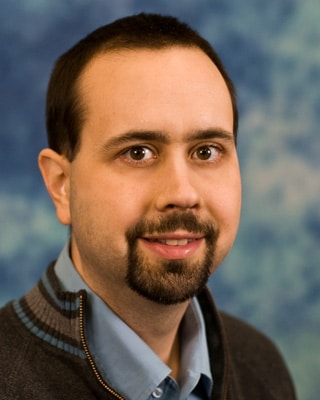June 19, 2012 update on Marilyn Tavenner’s confirmation (don’t hold your breath) hearings: “So what did Sen. Max Baucus (D-Mont.) say when HHS Secretary Kathleen Sebelius asked him to hold a confirmation hearing for Marilyn Tavenner, acting administrator of CMS? “’It’s going to be difficult to proceed with the Republican opposition,’ said Baucus, chairman of […]
Voices of Central Pennsylvania
Rep. Glenn (GT) Thompson representing Penn State plus
Rep. Glenn Thompson discusses his nearly 30-year long career as a manager of rehabilitation therapists, as a rehabilitation therapist, and as a health worker, which included changing bed pans at Centre Crest, an assistive living facility near State College, PA. You can listen to this interview below. https://drive.google.com/file/d/0B6JAIMWh-_zIeFMyVUtXbjZWUkU/view?pref=2&pli=1 I interviewed the Congressman on February 6, […]
Second Life: Virtual World Special
Editorial note: Of course what everyone wants to know these days is what effect will Zynga have on Second Life? (Readers are encouraged to provide answers.) What follows is a guest blog by John J. Meier, assistant librarian at Penn State‘s Physical and Mathematical Sciences Library providing background on Second Life. This originally appeared in Voices of Central Pennsylvania with the […]
New column speaks to disabled, elderly issues–from Voices of Central Pennsylvania
July 2017. State College/University Park, PA. Years later, this reflection on the Sandusky scandal still rings true: ++++ “As a former graduate student at Penn State with a disability and as one who is part of the elderly community, the focus by powerful officials on football-above-all has also been used to cover up exploitation of […]


